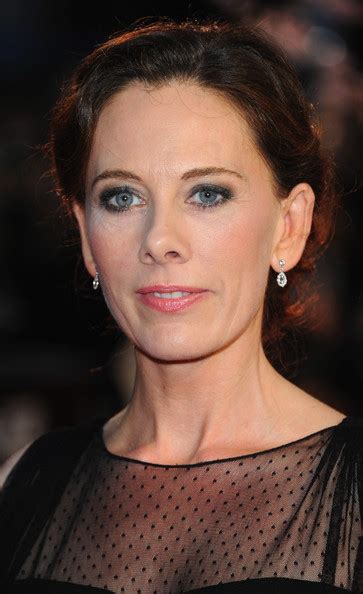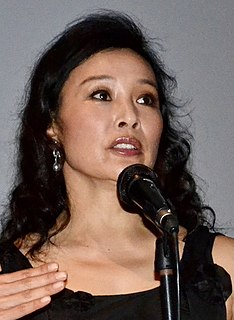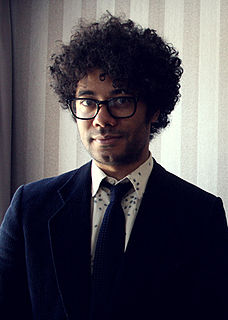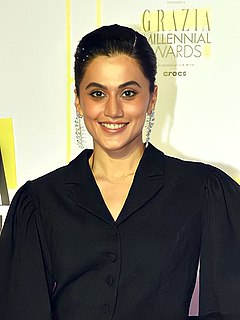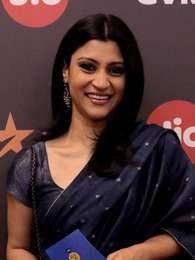A Quote by John Hurt
I thought ['Sailcloth'] was a terrific script. Elfar Adalsteins, the director, is bound to be a director we'll hear from, and the whole thing was really enjoyable.
Related Quotes
The director [Elfar Adalsteins] came to me through my agent and I had a read of the script [of the "Sailcloth]. I thought immediately this is someone who is writing for the cinema. Not having to go through the tedious business of taking something from literature and making that awful leap that is so difficult to make anyway, from literature to cinema. It's refreshing to be able to deal with a subject like that, to be written where the driving force is the image on screen and you don't need any words. The more that we can do that [in film], the better.
With a good script a good director can produce a masterpiece; with the same script a mediocre director can make a passable film. But with a bad script even a good director can’t possibly make a good film. For truly cinematic expression, the camera and the microphone must be able to cross both fire and water. That is what makes a real movie. The script must be something that has the power to do this.
The way I pick movies is, first, if the script is any good. Then, if the script is good, who else is in it, the director, the producer, all that. If you have all that, there's a chance the movie will be great. If the script isn't right, or the director or cast isn't right, you've got no shot in hell.
Snow Cake is a lovely film. Really proud of that. We shot it in 21 days. I thought Sigourney was amazing in it. And very, very accurate. I think there was some element that thought she had pushed it too far. But not at all when you do the amount of homework she had done and spent the amount of time she did with adult autistics. She was right on the money. And I think Marc Evans is a terrific director. He's a sweet, open, honest man and a really good director of actors.
Well, there's two things I have criteria for doing a film: The script, which is the story, and the filmmaker, and it's a filmmaker's medium. I like really strong directors, and so when I do a film, I'm out there to serve the director, really, which is in turn to serve the script, to serve the director cause he's the one making the film. I relied on Todd Haynes for that.



